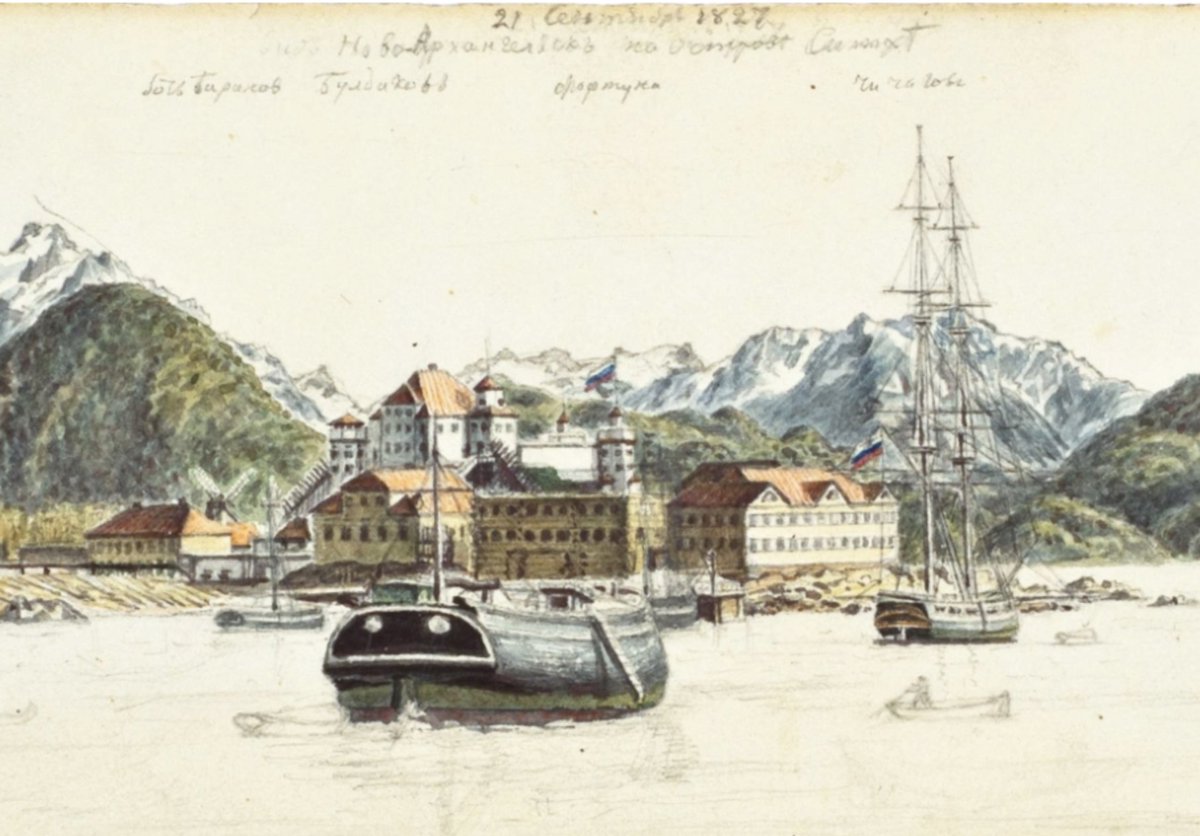A short answer to the question of why Tsarist Russia never tried to take part in the scramble for Africa is: it did.
A follow-up 🧵 on Russia's uncomfortable colonial past. 1/
A follow-up 🧵 on Russia's uncomfortable colonial past. 1/

In 1888, imperial periodicals excitedly reported about the establishment of a Russian African colony, New Moscow (in modern-day Djibouti), which was founded by the adventurer Nikolai Ashinov to gain Russia a foothold in the Indian Ocean and eventually "annex" nearby Ethiopia. 2/
The colony didn't last long and was kicked out by the French in 1889, but it was enough to spark the imperial imagination. The press dreamt about the prospects of having Russia's own coffee, the Russian settlement of Africa, and the spread of Orthodoxy in the continent. 3/
Ashinov's colonial expedition secured support from some of the leading public figures and senior officials, including Alexander III. After its failure, the government denied its involvement. Instead, it switched to establishing Russia's informal empire in Ethiopia. 4/
At the turn of the century, Tsarist Russia put much effort to strengthen its "friendship" with Ethiopia. Publicly, it always stressed that Russia helped defend Ethiopia against colonial powers. This is when Russia's "anti-colonial" rhetoric got into full swing. 5/
The Foreign Ministry's confidential correspondence gives a different picture. Russia's consul Petr Vlasov called Ethiopia "an obedient weapon in our hands," only useful as a leverage over other colonial powers, especially in case of war. 6/
He speculated about turning it into a "colony in the wider sense of the word," by military conquest, but advised against it for practical reasons. The ministry itself envisaged economic exploitation of the country in the future. This is where the man in the photo steps in. 7/
Nikolai Leont'ev, known in Ethiopia as Count Abai, led a research expedition to the country in 1894, won trust of Menelik II and helped Ethiopia to fend off the Italians, which earned him the office of Governor-General of Equatorial provinces (which he himself invented). 8/
Leont'ev was obsessed with the idea of exploiting the country's mineral riches and, in 1902, invited Nicholas II to take over "his rights to these provinces" in view of the "inevitable partition" of Ethiopia. This meant a colonial intervention. 9/
The idea of pursuing economic interests in Ethiopia was supported by Russia's resident minister, who hoped this would allow the empire to forcefully interfere in the country’s internal affairs. These plans never materialized, and Russia lost its influence on Ethiopia. 10/
What this all shows us is that Tsarist Russia never lacked the intention to colonize Africa. It only lacked means. end/
• • •
Missing some Tweet in this thread? You can try to
force a refresh


















